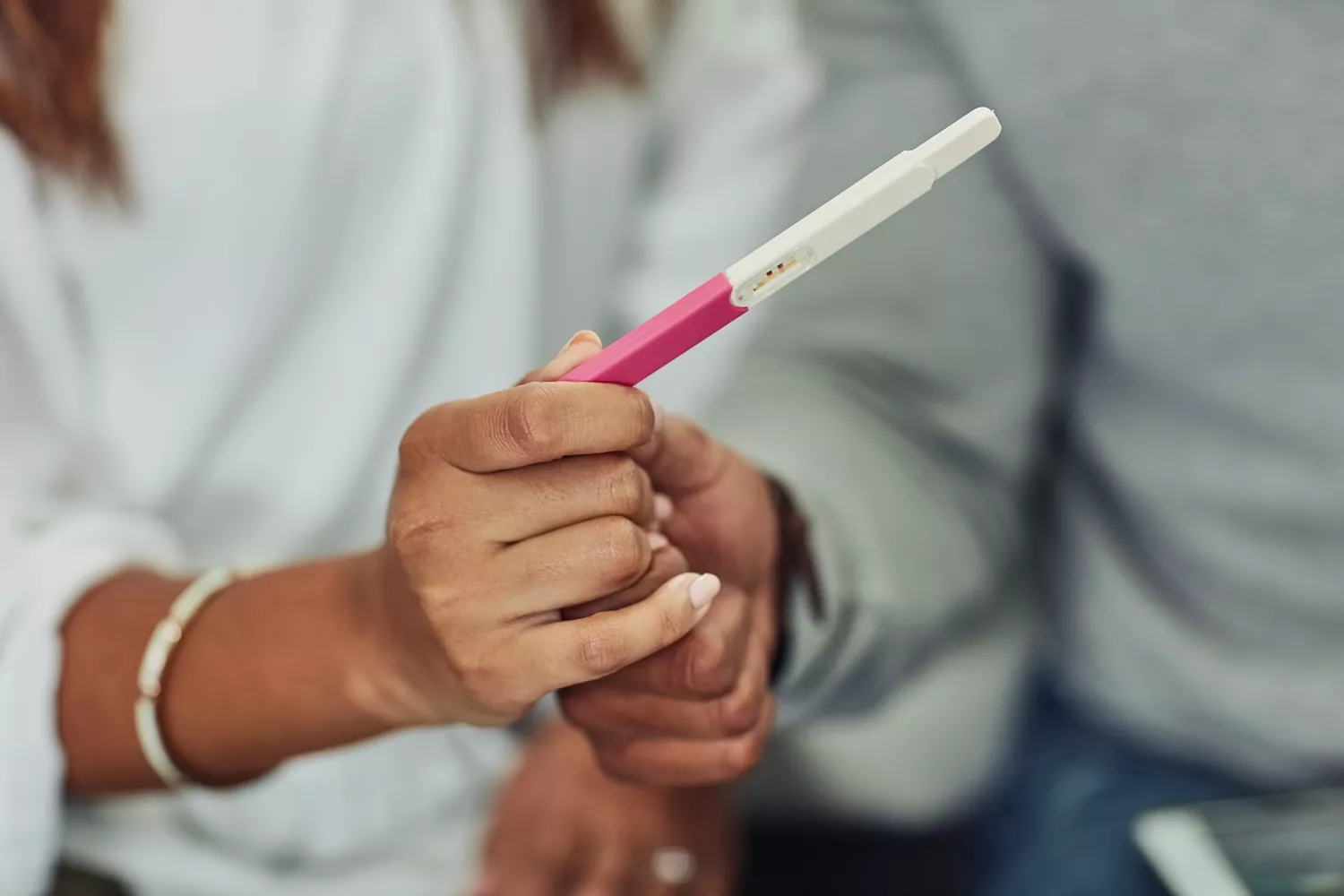When can my baby drink water?


You might wonder if formula or breast milk will be enough to keep your baby from becoming thirsty. It’s common knowledge that babies younger than 6 months should not drink water. However, you may be wondering if there are exceptions. It can be difficult to decide when to move on to the next stage of a baby’s life.
Experts were consulted to find out when babies should drink water, the amount of water they should be given, and how to deal with a baby that doesn’t enjoy water.
The Right Size Bottle Nipple: A Guide
Key Takeaway
Water should not be consumed by babies under six months old. Breast milk or formula are good options for meeting their fluid needs. If you give water to a baby younger than 6 months, they may not get all the vitamins and nutrition that they require. After 6 months, introduce water in small quantities and listen to your child.
When can babies drink water?
When babies are young, it’s not uncommon for them to seem very hungry. This is especially true when they are cluster-feeding. It’s natural to wonder if they are thirsty before they can tell you. Experts say that you shouldn’t give water to your baby before 6 months.
Christina Johns, MD, pediatric emergency physician and senior medical adviser at PM Pediatric Care explains that you can introduce water to your baby at around 6 months, when you start introducing solid foods. She explains that water should be introduced slowly and with care, beginning with small sips in between meals.
Infants do not need water as adults do. Other fluids can be used to meet the infant’s fluid needs.
David Berger, M.D. The founder and owner Wholistic Pediatrics & Family Care and the founder of Wholistic ReLeaf says that water is not necessary for babies as young as six months. He continues, “Babies receive all the fluids they require through breast milk and formula.”
If your baby is only drinking a small amount of water, breast milk or formula will suffice to quench any thirst.
Baby feeding chart: How much infants eat in the first year
Why shouldn’t babies under 6 months old drink water?
Infants who are given water before the age of 6 months may be at risk. If a baby drinks too much water, they may not receive enough nutrients. If you give them water at this age, they may not consume enough formula or breast milk and therefore will not receive all of the nutrients that these products provide.
The American Academy of Pediatrics (AAP) offers guidelines for feeding your child: at 6 months, babies may be eating up to eight ounces of breast milk or formula every four to five hours. The American Academy of Pediatrics offers feeding guidelines: At 6 months old, your baby may consume up to 8 ounces of breast milk or formula every 4 to 5 hours.
Dr. Johns points out another possible issue, even at 6 months. If you give your baby more than two ounces of fluid per day, they may be at risk for seizures because of low sodium levels in their blood. ” 1 Although not common, parents should be aware of the risks and the symptoms of seizures that can occur in infants. These include spasms, rigid limbs, rolling eyes, and blinking.
Parents must also be aware of the amount of water that babies younger than one year consume. It is best to keep your baby away from water until they are at least 6 months old.
Is there an exception to the water rule for young babies?
Parents may also wonder if the rule is always followed. What if the baby has a fever or is constipated? When is it okay to give water?
Medical experts recommend against letting your baby drink water before 6 months, even if they seem uncomfortable. “Babies may instead consume more breastmilk or formula in these out of the norm situations,” says Dr. Johns.
Dr. Berger concurs, explaining that water is not recommended, even in cases of constipation . He recommends that you use small amounts of apple juice, grape juice, or pear juice.
Contact a pediatrician before you give anything else to your baby other than formula or breast milk. Be sure to contact a healthcare professional if your child is showing signs of fever, constipation or other symptoms.
How much water should I give my child?
- Breast milk or formula is sufficient for infants younger than six months.
- When feeding solid food to infants aged 6-12 months, give small sips to encourage them to develop the ability to drink from a cup and to learn to enjoy water. This can take some time. This small amount (about 4-8oz total per day) of water is not meant to replace breast milk or infant formulation, which provide all of the fluids that a baby requires at this age.
- Children aged 1 to 3 should consume 1-4 cups per day, while children aged 4 to 5 should consume 1.5 to 5 cups. These ranges are based on the individual needs of children, their activity level and geographical location.
My baby doesn’t like water–now what?
We all know that babies are picky eaters and drinkers. What happens when your 6-month old refuses to drink a small amount of water that you offer them? Don’t panic, first of all! Dr. Johns says that if your baby is younger than 12 months, you don’t need to “push” water drinking. Focus on formula or breast milk instead. They will not get dehydrated and still get the nutrients that they need.
“As long the baby gets enough fluids – best measured by a large amount of light yellow to clear urine – I wouldn’t worry about it,” says Dr. Berger.
Dr. Johns has some advice for introducing water to your child, especially if they haven’t been interested in drinking it. “Try again when you introduce your baby with a sippy-cup.” Continue to offer the water as most toddlers need multiple exposures before they accept it.
It’s important to follow the lead of your child as they develop. Be patient and don’t overreact. You can show your child how great it is to have a water bottle. You will be able to see your child’s excitement, and they won’t miss out on the fun.
You don’t need to worry about your baby’s water intake as long as they are happy, healthy and meet the growth expectations of their health care provider.










